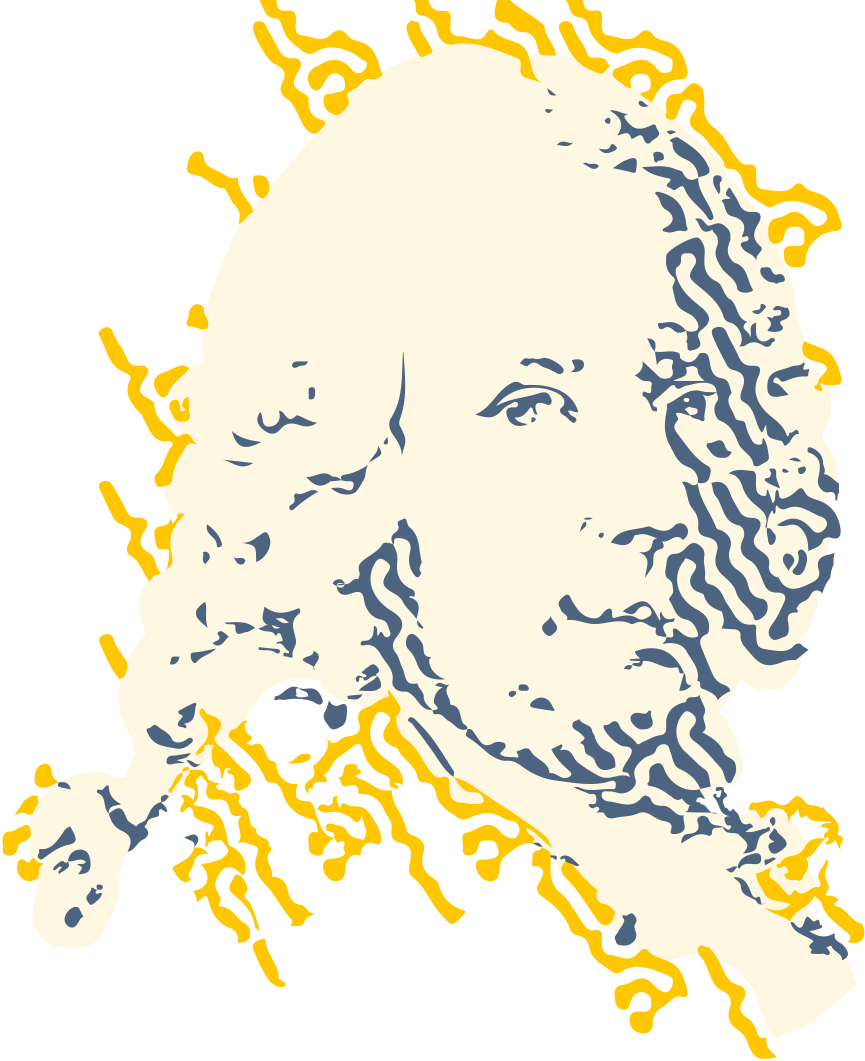Deep Learning for Automatic Bowel-Obstruction Identification on Abdominal CT
Résumé
Rationale and Objectives: Automated evaluation of abdominal computed tomography (CT) scans should help radiologists manage their massive workloads, thereby leading to earlier diagnoses and better patient outcomes. Our objective was to develop a machine-learning model capable of reliably identifying suspected bowel obstruction (BO) on abdominal CT.
Materials and Methods: The internal dataset comprised 1345 abdominal CTs obtained in 2015–2022 from 1273 patients with suspected BO; among them, 670 were annotated as BO yes/no by an experienced abdominal radiologist. The external dataset consisted of 88 radiologist-annotated CTs. We developed a full preprocessing pipeline for abdominal CT comprising a model to locate the abdominal-pelvic region and another model to crop the 3D scan around the body. We built, trained, and tested several neural-network architectures for the binary classification (BO, yes/no) of each CT. F1 and balanced accuracy scores were computed to assess model performance.
Results: The mixed convolutional network pretrained on a Kinetics 400 dataset achieved the best results: with the internal dataset, the F1 score was 0.92, balanced accuracy 0.86, and sensitivity 0.93; with the external dataset, the corresponding values were 0.89, 0.89, and 0.89. When calibrated on sensitivity, this model produced 1.00 sensitivity, 0.84 specificity, and an F1 score of 0.88 with the internal dataset; corresponding values were 0.98, 0.76, and 0.87 with the external dataset.
Conclusion: The 3D mixed convolutional neural network developed here shows great potential for the automated binary classification (BO yes/no) of abdominal CT scans from patients with suspected BO.
Domaines
Intelligence artificielle [cs.AI]| Origine | Fichiers produits par l'(les) auteur(s) |
|---|




